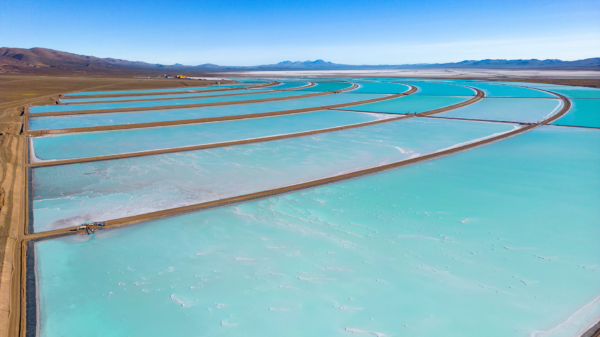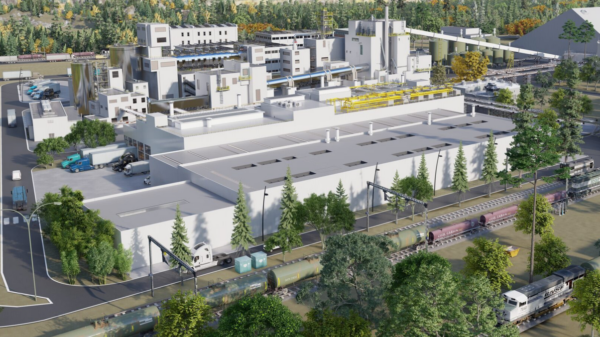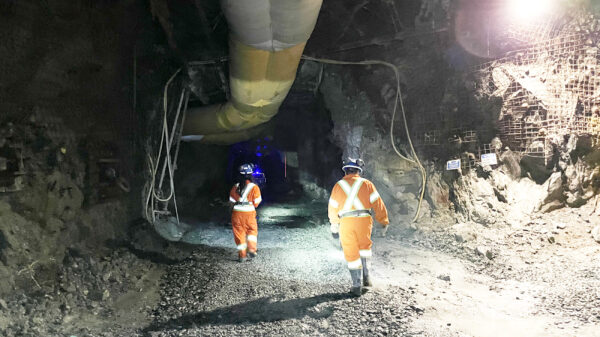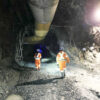Paulo Pires, overseeing his flock of sheep in Covas do Barroso, in the municipal district of Boticas, Portugal, voiced concerns as plans for lithium mines surface. Generations have carefully managed Covas do Barroso’s resources, now at risk due to Savannah Resources’ plans for Western Europe’s largest lithium mine, igniting fears of disruption.
The shepherd told news outlets the prospects of mining in Barroso could threaten his livelihood.
Barroso, touted for Europe’s significant lithium resources, is coveted for electric car batteries. The push for a green transition has heightened the demand for lithium, deemed vital for achieving the European Union’s energy goals. Ana Fontoura Gouveia, Portugal’s energy secretary, sees lithium as a lucrative investment for the nation, projecting it could generate 9 billion euros ($9.8m) in investment.
However, local resistance and environmental consequences loom large. Lusorecursos also received approval for a nearby lithium mine, despite community opposition. A corruption probe and social concerns have delayed the Portuguese lithium auction, stirring tensions. Locals demand transparency as mining plans progress, fearing that short-term gains will overshadow long-term losses.
Critics lament the potential devastation to Barroso’s rich biodiversity and cultural heritage. The region’s ecosystems face disruption, jeopardizing rare species and agricultural livelihoods. Environmentalists advocate for sustainable resource use amid growing lithium demand, emphasizing the need to strike a balance between economic growth and environmental preservation.
Read more: Lithium South near completion of production well and economic assessment at flagship operation
Read more: Lithium South and POSCO Holdings ink mutual development agreement
Balancing growth and preservation in Barroso’s lithium ambitions
Pires reflects on generations’ careful management of Covas do Barroso’s resources now at risk due to the lithium mining plans. Savannah Resources eyes Western Europe’s largest lithium mine, igniting fears of disruption. Barroso, touted for Europe’s significant lithium resources, is coveted for electric car batteries.
Green transition pushes for lithium, vital for EU’s energy goals, raising stakes. Portugal’s energy secretary sees lithium as a lucrative investment for the nation, projecting it could generate 9 billion euros ($9.8m) in investment. However, local resistance and environmental consequences loom large.
Lusorecursos also received approval for a nearby lithium mine, despite community opposition. A corruption probe and social concerns have delayed the Portuguese lithium auction, stirring tensions. Locals demand transparency as mining plans progress, fearing that short-term gains will overshadow long-term losses.
Critics lament the potential devastation to Barroso’s rich biodiversity and cultural heritage. The region’s ecosystems face disruption, jeopardizing rare species and agricultural livelihoods. Environmentalists advocate for sustainable resource use amid growing lithium demand, emphasizing the need to strike a balance between economic growth and environmental preservation.
As Portugal navigates its mining ambitions, striking a balance between economic growth and environmental preservation becomes imperative.
zartasha@mugglehead.com














